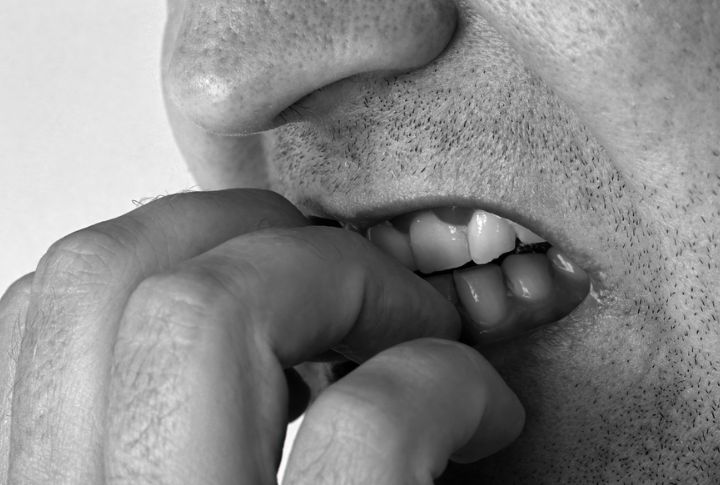
You probably think bad habits harm your mental health, but what if we told you some of them might actually be good for you? Let’s explore an unspoken truth. In fact, some habits we might consider “bad” can surprisingly boost your well-being if done in moderation.
Skipping A Meal Now And Then

You might feel guilty when you miss a meal, yet sometimes skipping one can work wonders for your mind. Intermittent fasting can improve brain function. It is recommended to reduce stress and increase clarity. As long as you don’t make a habit out of it, occasional fasting can create a mental reset that refreshes you.
Taking Quick Breaks During Work

We’re all guilty of ignoring the need for breaks. However, those small moments that you take for yourself away from work can help refocus your brain. Giving yourself permission to take five minutes away lowers stress and boosts creativity. Don’t wait for exhaustion to hit; take breaks proactively.
Procrastinating On Purpose

Procrastination is real. We all do it, and here’s something you should know: doing it intentionally can benefit your mental health. When you delay tasks, you give your brain time to process ideas and prioritize better. When you procrastinate strategically, you may notice how much clearer your thoughts become.
Spending Time On Your Phone

It’s easy to think endless scrolling is bad for your mental health, but did you know it could actually help you unwind? A little digital distraction helps you detach from stress and reconnect with yourself. Just be mindful of balance. Social media and gaming apps can be your brief moments of mental rest.
Saying No More Often

Saying “no” might seem rude, yet it’s a vital mental health habit. Establish limits to safeguard your energy and concentrate on what is important. The practice of refusal is not you shutting people down—you are making sure that you have the space to prioritize your wellness with reduced mental burnout.
Daydreaming During The Day

Is daydreaming really that bad a waste of time? Not quite. Indulging in a little stress-free mental escape can promote creativity and improve problem-solving. Allow your mind to wander, and you’ll find new perspectives on issues that may have seemed like dead ends before. A brief mental vacation could be just what your brain needs.
Excessive Intake Of Coffee

Most people think of coffee as a bad habit, especially when overdone. That said, in moderation, coffee can actually be a mental health booster. It sharpens focus at times you really need it and may even reduce the risks of mental health disorders like depression. So, the key here is balance—sip, don’t guzzle.
Spending Time Alone

Often, we hear how isolation is bad for us. Even so, time alone can actually promote mental well-being. Self-isolation provides space for reflection and rejuvenation, which allows your mind to recalibrate. Make time for yourself, even if just for a few minutes. Alone time is a powerful tool for emotional growth.
Nail-Biting May Help You Cope

It does look unpleasant in public, but it often serves as a calming response to stress. Some studies suggest it’s linked to perfectionist tendencies or self-soothing. While not ideal long-term, it can act as a temporary coping mechanism when anxiety runs high. Awareness is the first step to redirecting it.
Sleeping In When You Need It

Waking up late feels like a guilty pleasure, but sometimes, extra sleep is exactly what your mind needs. Resting beyond your usual alarm time can boost memory and improve mood. Don’t fight when exhaustion hits; allow yourself to recharge for better mental clarity with a little more than forty winks occasionally.

